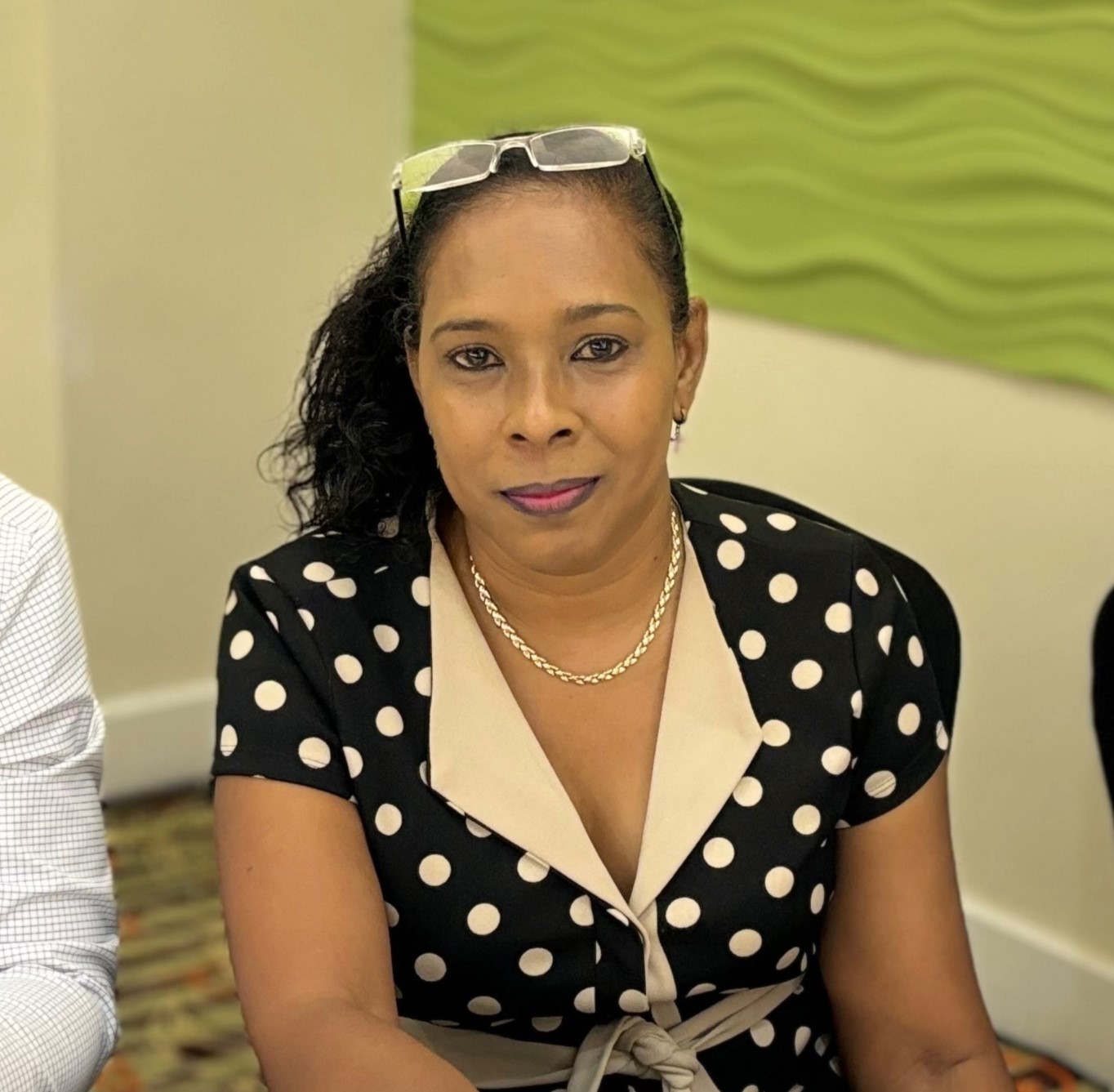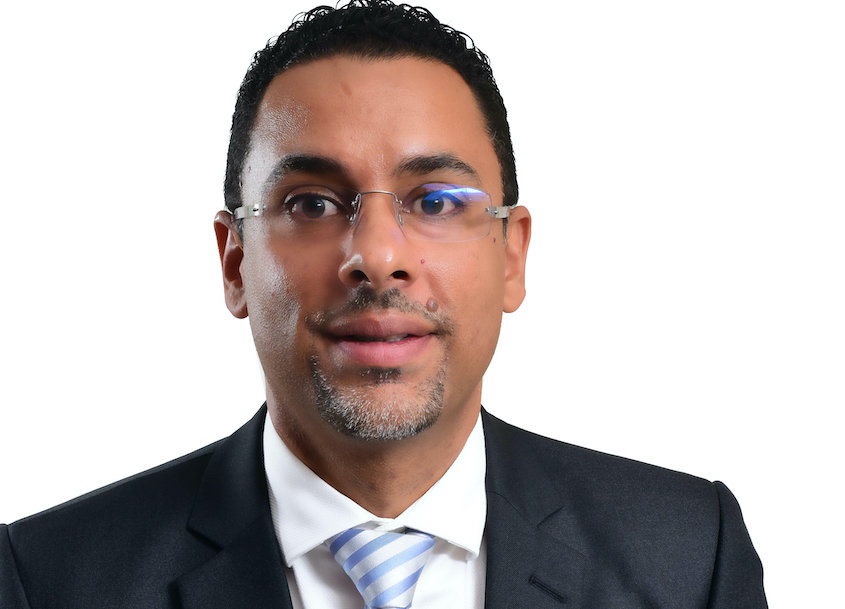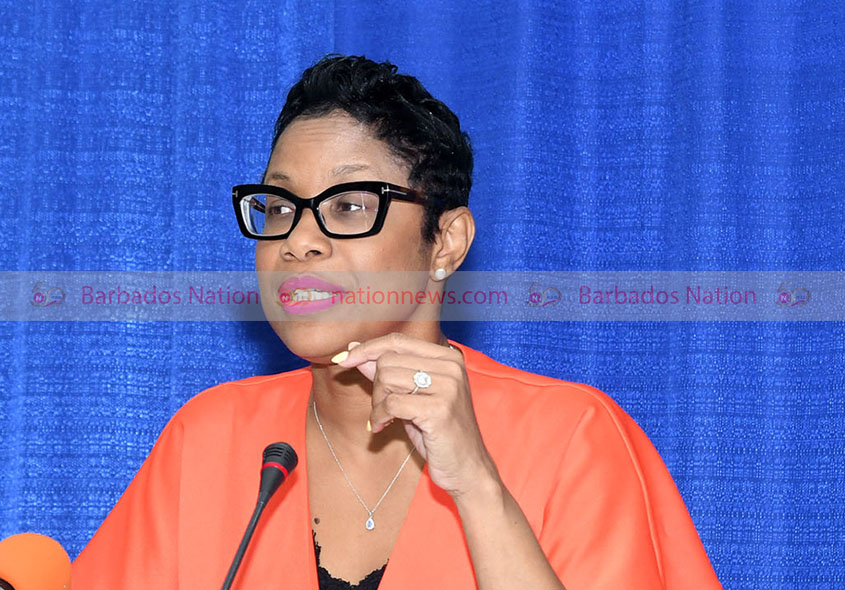

Although many of the root causes of crime in Barbados were revealed, not enough was done to address them.
Director of the Barbados YouthADVANCE Corps Hally Haynes shared that view yesterday as he renewed calls for the establishment of a mandatory boot camp for deviant young people before they are reintegrated into society.
“In 2010, research carried out by the CARICOM Commission on Youth Development, on behalf of the heads of government of CARICOM, revealed that the number one concern among adolescents and youth in the Caribbean was crime and violence. In this report, poverty, unemployment, politics, social inequalities, constant exposure to crime and violence, diminished participation in social activities, and changes in social practices . . . were the reasons or causes articulated.
“Having been part of the research team, without prejudice, I wish to state that we dropped the ball as it relates to the implementation of recommendations resulting from this youth development study, which was indeed commissioned by the heads of government,” Haynes said.
Concern
He was speaking at the At-Risk Youth Foundation’s youth conference at the Lloyd Erskine Sandiford Centre, Two Mile Hill, St Michael.
Haynes said he was concerned about the prevalence of crime in the country, particularly those committed by the youth.
He noted that so far for 2024, there were 48 homicides compared to 20 in 2023. He also cited studies carried out by criminologists Kirk Alleyne and Kim Ramsay which revealed more troubling statistics.
“The study undertaken by Mr Alleyne which was published in 2023, found that between 2002 and June 2022, 1 874 minors, mostly males, were charged with offences. Of these, 810 males and 94 females were later charged as adults for major crimes, including serious body harm, endangering life, aggravated rape, burglary and robbery.
Clear link
The research stated that among those charged with murder after turning 16, more than 90 per cent had no educational qualifications,” Haynes said.
He said the criminologist posited the view that there was a clear link between lack of educational attainment and violence.
Unless immediate measures were taken to address the rising rate of youth-driven violence, he said the cycle would continue.
Haynes called for the introduction of a national
youth service.
“A few years ago, when there was heightened discussion about the alarming incidence of youth violence in the country, then Chief Education Officer Dr Karen Best, posited the view that these young persons who demonstrated antisocial behaviours and were causing tremendous challenges within the school system should be enrolled in boot camp, which focuses on discipline and behaviour modification, before being reintegrated into the regular school population.
“I want to publicly state that there is some merit in Dr Best’s submission and this can be one of the targeted interventions to address the issue of youth violence in its early stages,” he said.
He, however, said it would take political will, parental involvement, and resources for that programme to work.
“Research indicates that the majority of our young people are focused and can be focused. However, there is a small percentage of young people who require direct targeting intervention, targeted intervention and who will never get involved in any youth or development programmes in the country. We have had discussions on developing a programme, but we need the political will and we need all Barbados to join in this and to prepare a such a program to ensure that we take action to save our young people,” he added.
The conference was held to celebrate World’s Children’s Day under the theme Safer Communities: Ending Youth Violence in all its forms.
During the opening, NIFCA silver winner Malachi Hope performed spoken word piece There Was Boy and Aliya Trotman played How Many More on sax.
Founder Director of At-Risk Youth Dr Lisa Jaggernauth said the conference was being produced and led by young people.
She said through education, mentorship, community engagement, and community service, they were striving to develop a nurturing environment, where at-risk and vulnerable youth could discover their strength, build their confidence, and pursue their dreams. (TG)





